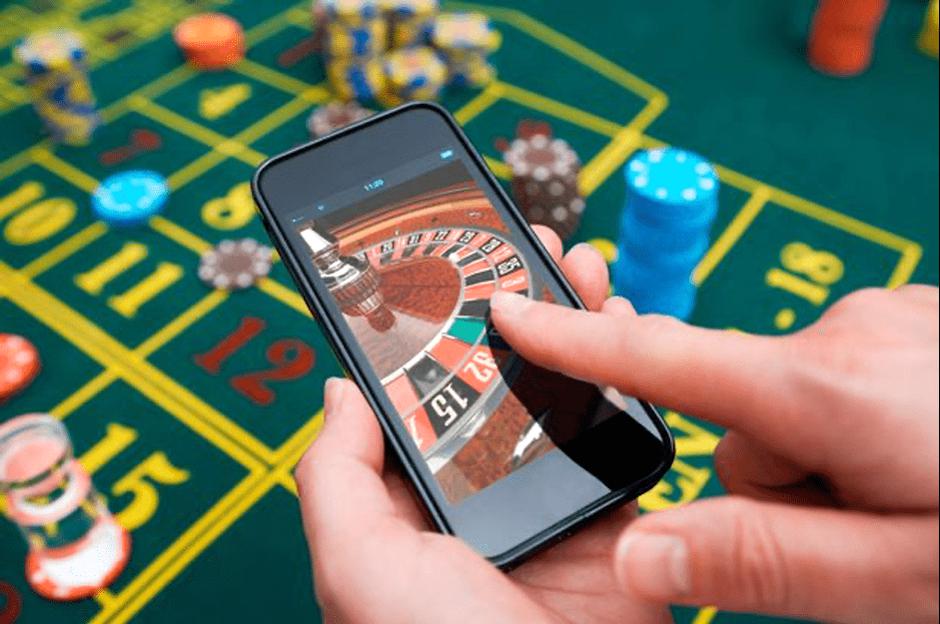Gambling is popular among people who are looking for a quick and easy way to win money. However, many players fail in this endeavor due to poor odds calculation methods. Probability theory gives players the knowledge they need to determine which bets will bring the best results.
By effectively calculating potential winnings, you can make informed gaming decisions that increase your chances of winning! In this blog post, we will discuss how probability works and give tips on how you can apply it when trying your luck at a casino or betting online.
What is Probability Theory?
Probability theory is an important concept for casino players to understand. Probability theory helps casino players to know the probability of certain outcomes in a game of chance. By understanding probability, players can make more informed decisions that increase their chances of winning and reduce their losses. Probability theory is also useful for predicting future events, giving a greater sense of control over the outcome of a game.
Probability theory can be applied to any type of casino game, including table games such as blackjack and roulette, slot machines, video poker, and sports betting. By applying probabilities to these games, players can make more informed decisions that ultimately lead to better outcomes.
Knowing the odds for a particular outcome can help bettors make more informed decisions when betting on a particular game. In addition, probability theory can be used to analyze house edge in a casino game and determine which games are more likely to be profitable for players.

Application in games
When playing blackjack, players should be familiar with the basic strategies of the game and play by the rules of probability. For example, when dealing with a pair of face cards (kings), it is best for a player to separate them as this gives the player the highest probability of getting a winning hand. Players can also use probability theory when making decisions such as hitting, standing, doubling down, or hedging.
In roulette, players can apply probability theory by understanding the odds associated with each bet. The most popular roulette bets are Straight, Split and Corner. By understanding the odds associated with these bets, players can use probability theory to make informed decisions in order to maximize their winnings.
For slot machines, you can use probability theory to determine which machines are more likely to pay out and which are not. While there is no guaranteed winning strategy in slots, understanding the probabilities and potential payouts can help players make better decisions about which slots to play.

Three main ways to calculate winnings
The three main ways to calculate winnings in gambling are determining odds, calculating payouts, and taking advantage of the house edge. Understanding how each of them works is important for any player who wants to increase their chances of success.
First, when it comes to determining the chances of winning a bet, there are two main factors to consider: the probability of winning and the size of the payout. Probability is determined by looking at the number of possible outcomes for any given bet, such as getting heads or tails on a coin toss.
Payouts are usually calculated based on how much money was wagered, so understanding the risk/reward ratio is key to taking advantage.
Second, calculating payouts is a relatively simple process. Knowing the probability of winning, players can determine how much money they will win (or lose) based on the size of the bet and the chances of success. This information is usually readily available for most games, allowing players to calculate expected returns before placing a bet.
Third, house edge is also an important factor to consider when gambling. This is the percentage of money a casino or other gambling establishment retains from every bet placed and can range from very low to extremely high. Knowing this information can help a player determine if they have a higher chance of winning certain games or if they should avoid them altogether.


Leave a Reply